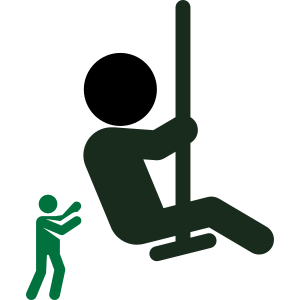“Help Wanted” signs are up everywhere in my community. Everyone needs someone to help their business stay open. Not everyone is able to stay open as the “wanted help” is not showing up at their doorstep.
Here at Depressed Anonymous, our 12 step recovery program, we get many requests for help from our website blog plus our daily online Depressed Anonymous virtual Zoom and Skype platforms. So many persons looking for help, especially now during the ongoing Covid-19 pandemic.
Our doors are always open for the business of providing help for those who are suffering from depression. (see the MEETINGS drop down menu at the website homepage.)
Social isolation, anxiety, fear, boredom and every other kind of problem continues to bring hurting persons to our site. They want help. And yes, there is help. There is hope. The program is available everyday and the best part is that the people with whom you meet there are wanting help, just as are you. Some of those you meet at our meetings have already asked for help, some days ago, some months ago, some years ago, and now they are here today offering their help to you. It’s a fact that by helping you they help themselves. Isn’t this the best way to be helped — helping someone else? The door has already been opened to them during the bad times of their lives and now they are committed to help others just like themselves. We were once depressed, alone, fearful and isolated. No longer. We got help!
Take courage. The signs are up. Help is here for those who seek it. And when you come to a Depressed Anonymous meeting you don’t have to say anything. Just show up. If you feel like sharing –please do so. We do want to hear from you. It’s a safe place to be when we feel scared and no place to go. Want help? Come on in. You’ll be happy that you did!
Hugh, for the fellowship
See https://depressedanonymous.org/literature for information on ordering literature.

